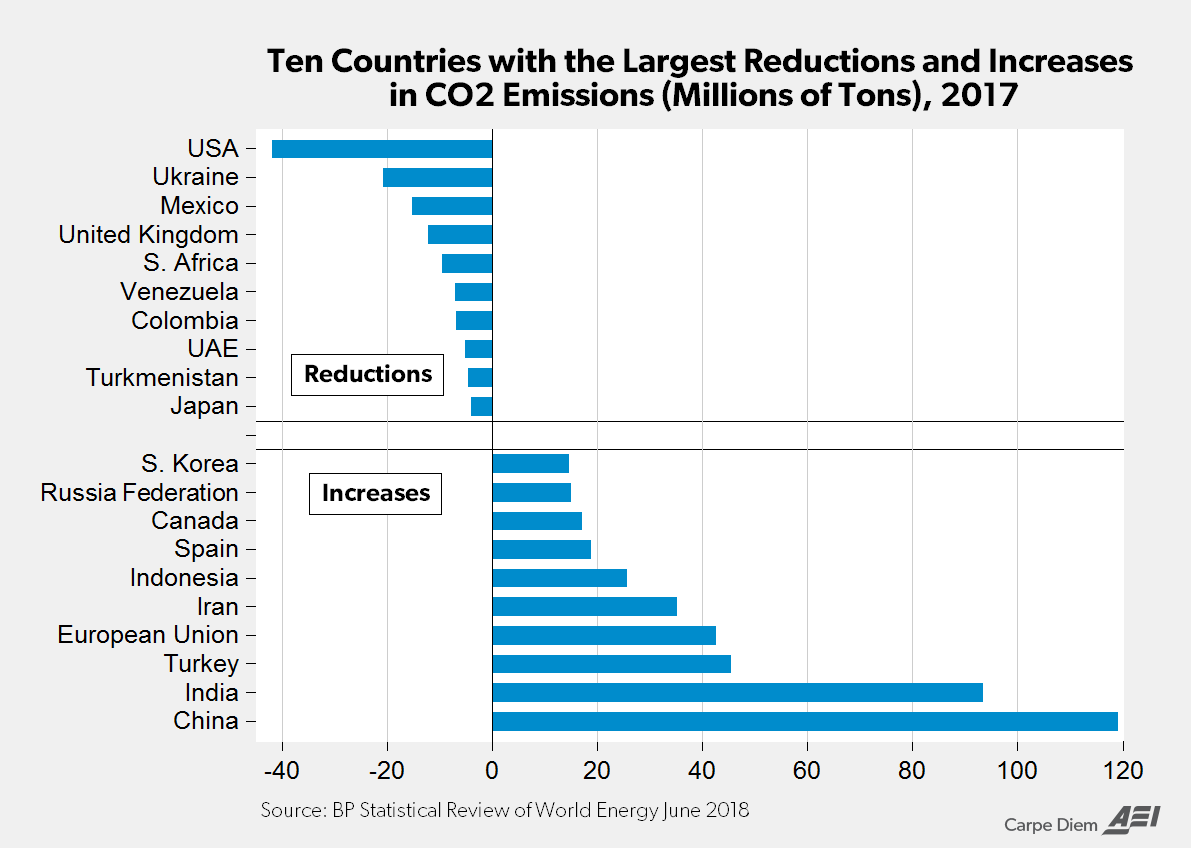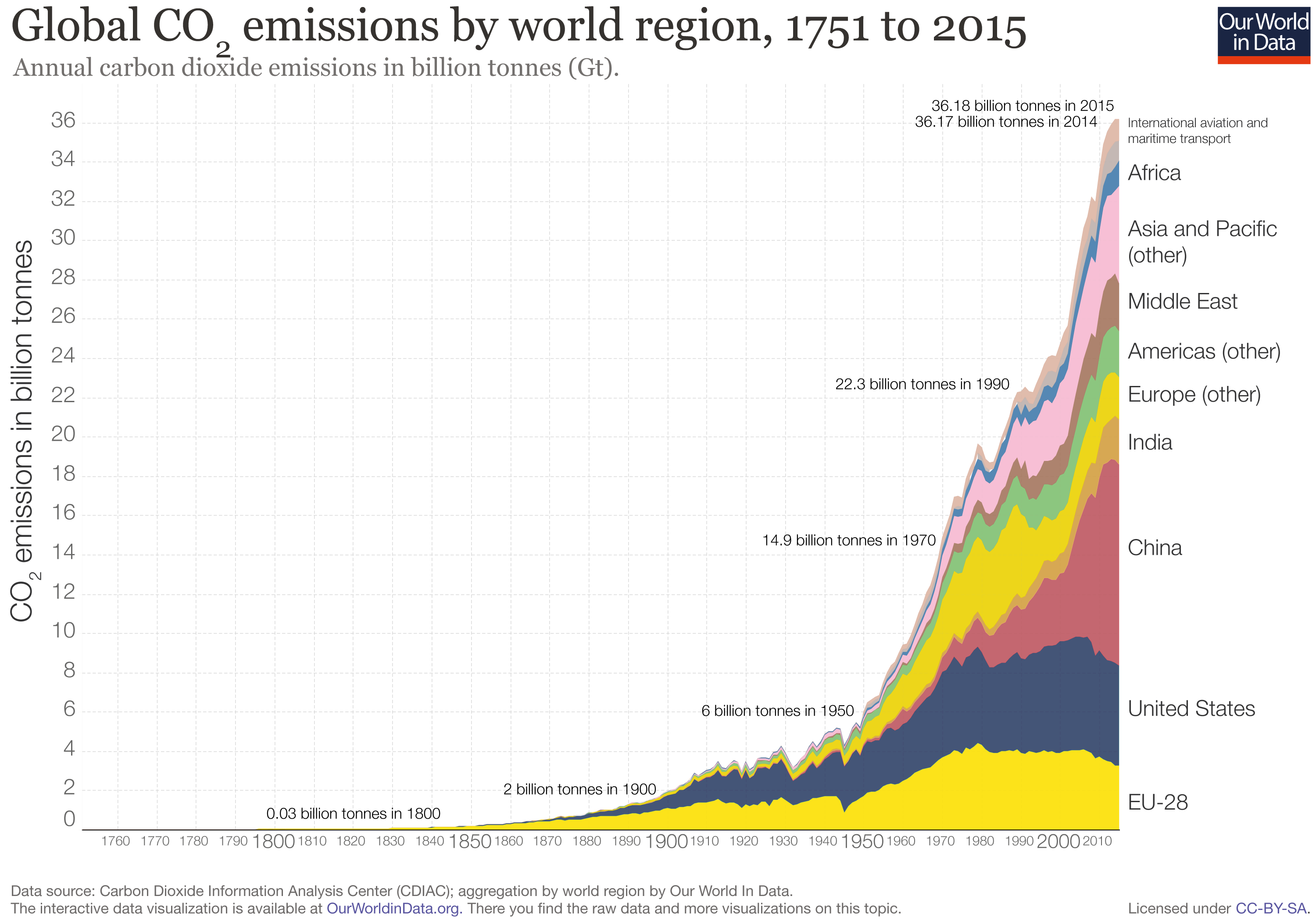billvon said:Yay!furcifer said:We have parks in Canada bigger than Sweeden, UK and Switzerland put together. And lakes.
By taxing the fuel used to generate the energy to do all that.So hows that fair? How do you tax the carbon emissions on the mining, ore and smleting to process the steel they use to make watches Switzerland?
Nope. The UK pays a carbon tax on the fuel they pump into those planes.Is the UK paying a carbon tax on all the planes that land in the UK and generate their economy?
No. It's not released into the atmosphere.Should Canada pay a carbon tax on the trees they cut down for lumber in the UK?
Sure, as long as you don't mind penalties for then cutting them down. However, it would be simpler to just tax fossil fuels and ignore lumber, since in the mid term (a decade or so) it's net zero.Or do we get the credit for growing them?
I don't think you understand.
My driveway is probably longer then the commute most of the citizens in Denmark have to go to and from work.
They pay nothing.
I get penalized because my country is big and it requires me to use fossil fuels to make the products those people in Denmark sell, assemble, market, put in their beer etc?
It is a global economy. I realize I don't directly contribute to someone in Denmark earning a living. But indirectly we all rely on others to deliver the good and services we need to run our (already over taxed) economies.
You see where this is going?
It's only works in tiny densely populated countries with relatively low energy overhead.
In order for a carbon tax to be implemented fairly on a global scale you need a centralized government with a bunch of nerds running super computers calculating the carbon costs. I like to think of it as the first steps to the formation of the Federation and warp travel. Others just think Hitler. To each their own.
Don't get me wrong, I think that's how it should be. I'm willing to forgo the debate about the actual effects of climate change, ("global warming" is actual something I think most of us in the far North dream about), and like to think it's just not beneficial to release all the CO2 that been sequestered for millions years in a very short time.
So even if we assume catastrophic consequences, how do we do it given the hurdles I've just outlined?
There's even more to consider. If you think about it, it really requires forced relocation and mass sterilization. Which again, I'm not totally opposed to. I don't think a lot of people should breed. But that's just my opinion. Taking away the rights of people is a whole other ball of wax. The best way to reduce population has been to improve the standard of living. But that's almost impossible to do without cheap and abundant fossil fuels.
It's a mess dude. I've done a lot of research and stuff and all I know for sure is there is NO definitive answer. It's not the end of the world IMO but this is a very perplexing question if you look at it from all sides.




